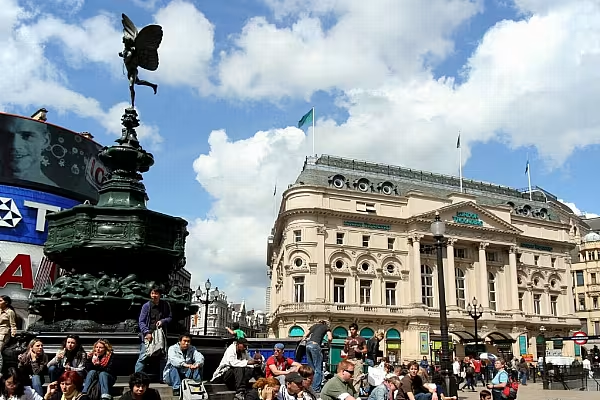British retailers cut their prices more heavily in July than in June as supermarkets intensified their battle for customers, an industry group said on Wednesday, offering some relief to shoppers as broader inflation accelerates.
The British Retail Consortium's shop price index for July fell by an annual 1.2%, a bigger drop than June's 0.7% slip and moving further away from May's 0.6% fall which was the smallest drop since the coronavirus pandemic hit Britain.
The weakness in prices was even more notable among non-food retailers, although the 1.8% drop was smaller than recent averages.
Consumer Price Inflation
The BRC index typically shows falls in contrast to increases in the consumer price inflation, which is targeted by the Bank of England and includes services and a bigger range of goods.
CPI has surpassed the BoE's 2% target, hitting 2.5% in June, and the central bank says it is on course to rise above 3% before easing back.
Helen Dickinson, BRC chief executive, said retailers faced strong cost pressures linked to the reopening of many economies around the world and Brexit.
"The additional paperwork and physical checks on EU imports in October and January may push prices up in the long-term," she said. "Government should do all it can to minimise the impact on consumers by reducing any further frictions and costly delays."
Consumer Spending
Mike Watkins, head of retailer and business insight at NielsenIQ, which jointly produces the index with the BRC, said 41% of shoppers were watching their spending more than they did before the pandemic.
"So it's important that retailers continue to keep prices low especially as the increase in CPI is likely to lead to different shopping behaviours to help pay for the other increases in household spend," he said.
The BRC collected price data between 1 and 7 July.
Earlier in May, British retailers reported a big boost in sales after lockdown measures ended and relaxation of COVID restrictions on hospitality drew more shoppers into town centres.













